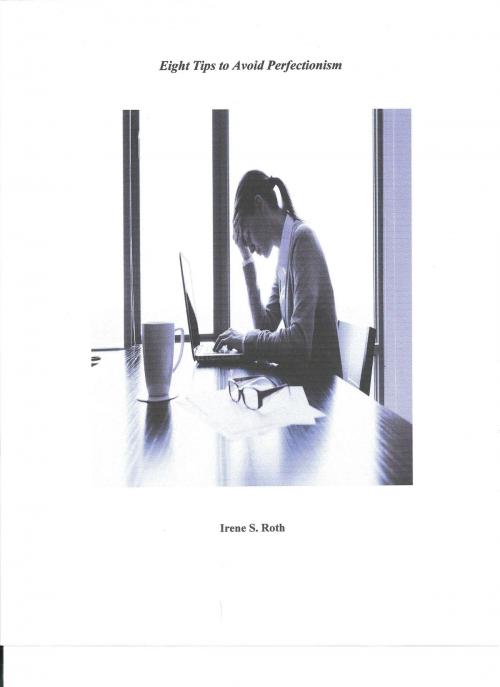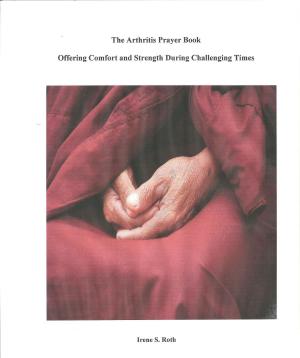Eight Tips to Avoid Perfectionism
Nonfiction, Entertainment, Theatre, Playwriting, Performing Arts, Health & Well Being, Self Help, Self Improvement, Creativity| Author: | Irene S. Roth | ISBN: | 9781311028747 |
| Publisher: | Irene S. Roth | Publication: | February 23, 2016 |
| Imprint: | Smashwords Edition | Language: | English |
| Author: | Irene S. Roth |
| ISBN: | 9781311028747 |
| Publisher: | Irene S. Roth |
| Publication: | February 23, 2016 |
| Imprint: | Smashwords Edition |
| Language: | English |
A perfectionist is a writer for whom nothing is ever finished or right. In worse case scenarios, the perfectionist can’t even get anything down on paper. Perfectionism grows in the dirt of fear and has no purpose other than making you feel terrible about yourself and what you create.
Perfectionism can be a curse for a writer’s overall productivity. The first step to eliminate the spell of perfectionism is to determine whether or not you’re a perfectionist. Once you recognize the problem, you can break this habit of perfectionism.
At its worse, a perfectionist is never happy with what (s)he produces, and is obsessive about the manuscript to the point that (s)he becomes irrationally convinced that the manuscript will never be purchased by anyone. This kind of perfectionism usually stems from low self-esteem. For such a writer, no matter how many revisions of a manuscript (s)he performs, it never seems good enough. After a while, such a writer may even wonder if (s)he should be a writer at all. This is when perfectionism can become destructive.
Many times, perfectionism can lead to procrastination. In other words, when you’re constantly criticizing your own work, it can start to sabotage your productivity and overall confidence in yourself and your manuscript. But the real problem occurs when you don’t even feel like writing anything because making it perfect seems impossible. Thus, the thought of perfection can destroy the creative impulse in a person.
A perfectionist is a writer for whom nothing is ever finished or right. In worse case scenarios, the perfectionist can’t even get anything down on paper. Perfectionism grows in the dirt of fear and has no purpose other than making you feel terrible about yourself and what you create.
Perfectionism can be a curse for a writer’s overall productivity. The first step to eliminate the spell of perfectionism is to determine whether or not you’re a perfectionist. Once you recognize the problem, you can break this habit of perfectionism.
At its worse, a perfectionist is never happy with what (s)he produces, and is obsessive about the manuscript to the point that (s)he becomes irrationally convinced that the manuscript will never be purchased by anyone. This kind of perfectionism usually stems from low self-esteem. For such a writer, no matter how many revisions of a manuscript (s)he performs, it never seems good enough. After a while, such a writer may even wonder if (s)he should be a writer at all. This is when perfectionism can become destructive.
Many times, perfectionism can lead to procrastination. In other words, when you’re constantly criticizing your own work, it can start to sabotage your productivity and overall confidence in yourself and your manuscript. But the real problem occurs when you don’t even feel like writing anything because making it perfect seems impossible. Thus, the thought of perfection can destroy the creative impulse in a person.















